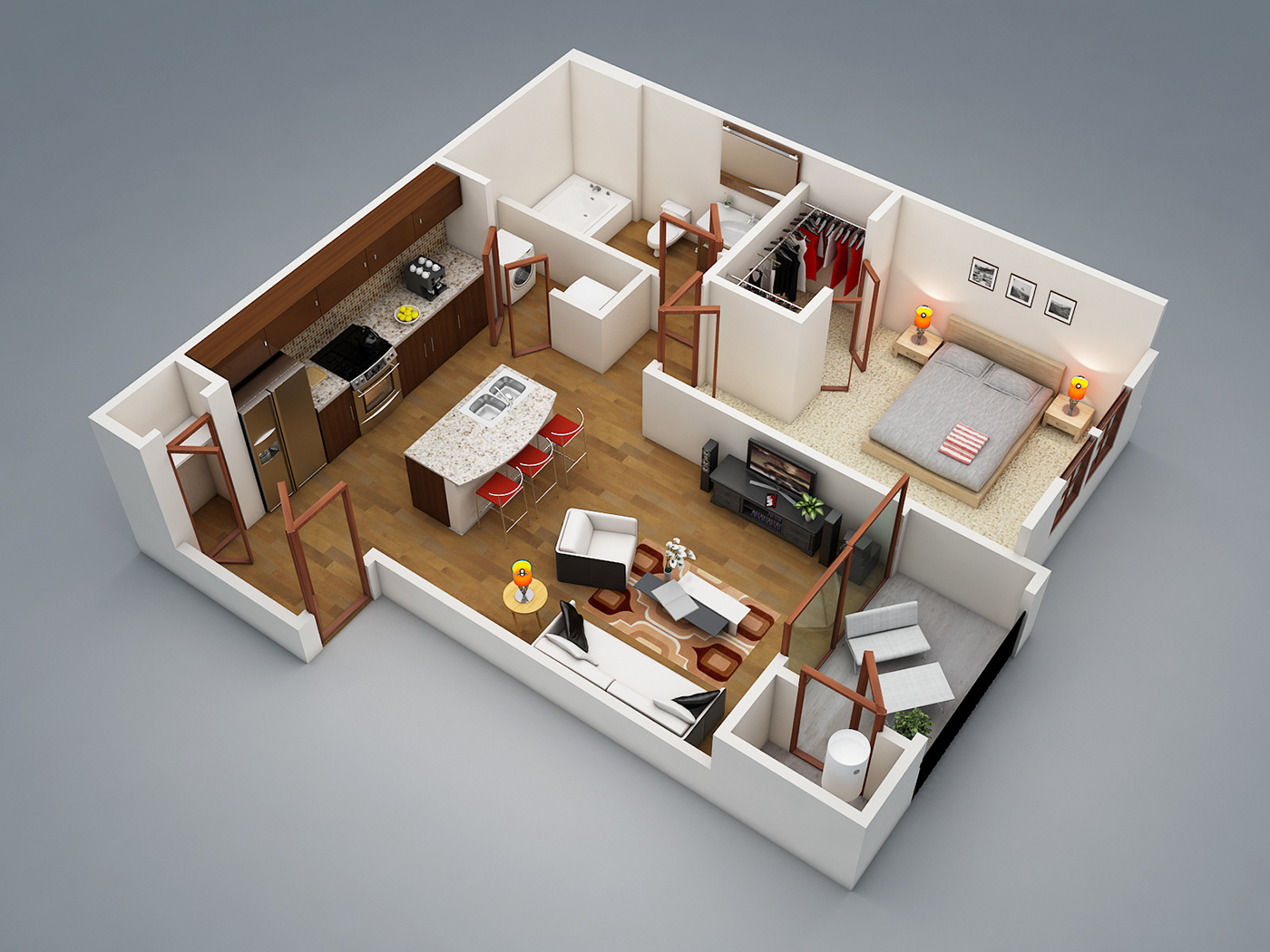you dream it , we design it.

Flooring is a critical element in both residential and commercial spaces, shaping the over all attractive, functionality, and comfort of an environment. It encompasses a variety of materials and styles, from classic hardwood and versatile laminate to durable tile and cozy carpet. Each type of flooring offers unique benefits and considerations, influencing factors such as durability, maintenance, and visual appeal. Understanding the different flooring options and their appropriate applications is essential for making informed choices that enhance the space’s design, meet practical needs, and contribute to long-term satisfaction.
what is Flooring ?
Flooring refers to the material used to cover the ground surface of a room or building, providing both functional and aesthetic benefits. It encompasses a wide range of materials, including hardwood, laminate, tile, vinyl, and carpet, each offering distinct characteristics and advantages. Flooring serves multiple purposes, such as enhancing the visual appeal of a space, providing comfort underfoot, contributing to the room’s acoustics, and ensuring durability and ease of maintenance. By choosing the appropriate flooring material, one can influence the overall design, functionality, and longevity of the space.
Different types of flooring
Hardwood Flooring- Made from solid wood such as wood tree , maple, cherry, hardwood flooring is known for its durability and classic aesthetic.
Work: It involves precise milling of wood planks, finishing with stains or sealers, and requires installation that can include nailing, stapling, or glue-down methods.
pro
Durability: Hardwood floors are highly durable and can last for decades with proper care.
Aesthetic Appeal: Offers a classic, elegant look that enhances the value of a home.
Refinishing: Can be sanded and refinished multiple times to restore its appearance.
Variety: Available in a wide range of wood species, finishes, and colors.
cons
Moisture Sensitivity: Can be damaged by excessive moisture or fluctuations in humidity.
Scratching: Can be prone to scratches and dents from heavy furniture or pets.
Laminate Flooring
pro
Affordability: Less expensive than hardwood, stone, or ceramic tiles.
Durability: Resistant to scratches, dents, and stains.
Ease of Installation: Typically features a click-lock installation system, making it a popular DIY choice.
Variety: Available in many styles and designs that mimic natural materials.
cons
Cannot Be Refinished: Once damaged, it cannot be sanded or refinished.
Moisture Sensitivity: Can warp or swell if exposed to excessive moisture.
Less Authentic: Although it mimics natural materials, it may not have the same tactile quality
vinyl flooring
Vinyl flooring is a versatile and cost-effective flooring option that has gained popularity due to its durability, water resistance, and ease of maintenance. It is made from synthetic materials, primarily polyvinyl chloride (PVC), and comes in various formats, including sheets, tiles, and planks. Vinyl flooring can be designed to mimic the look of natural materials such as wood, stone, or ceramic, providing a wide range of aesthetic options for different spaces.
Conclusion– In conclusion, vinyl flooring is a versatile and affordable option, offering durability, water resistance, and easy maintenance. Its wide range of designs can mimic natural materials, making it suitable for various décor styles. While there are concerns about VOC emissions and environmental impact, its practicality and cost-effectiveness make vinyl flooring a popular choice for both residential and commercial spaces.

